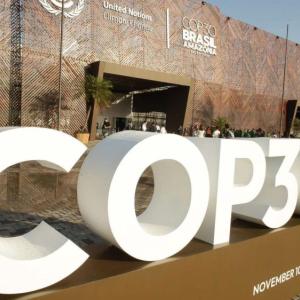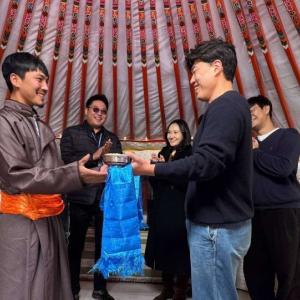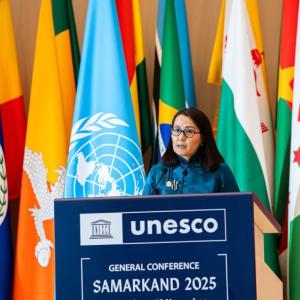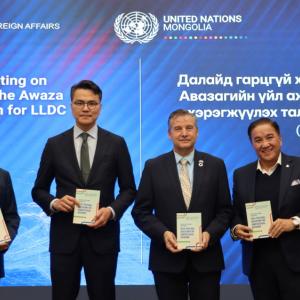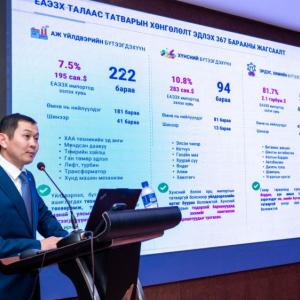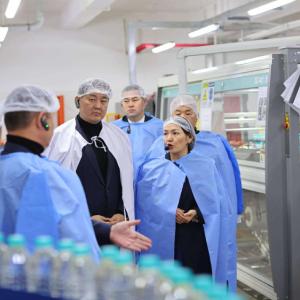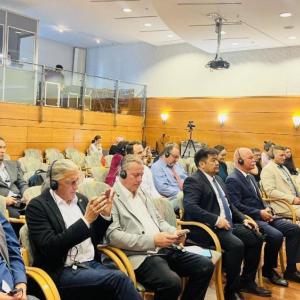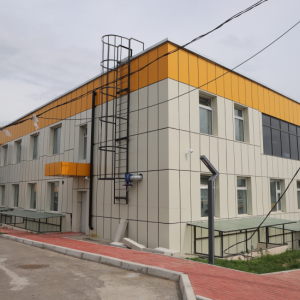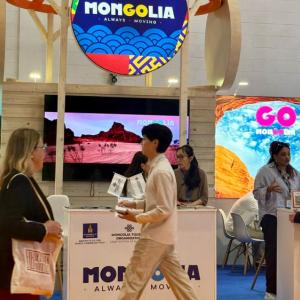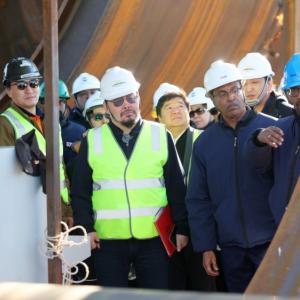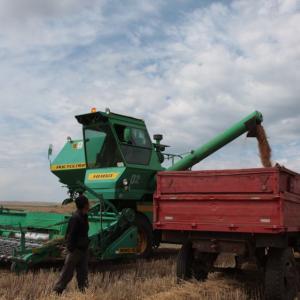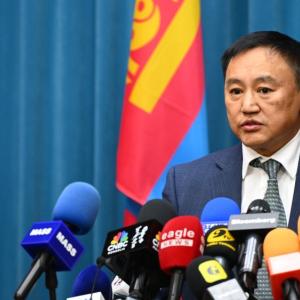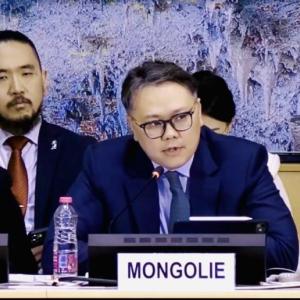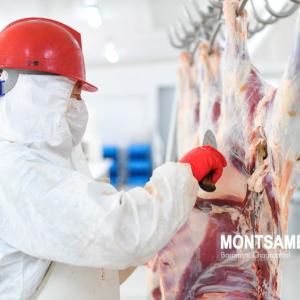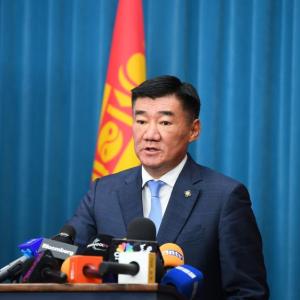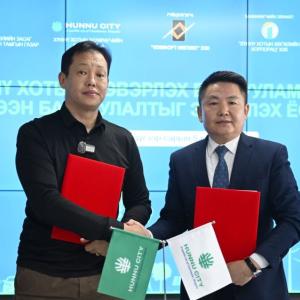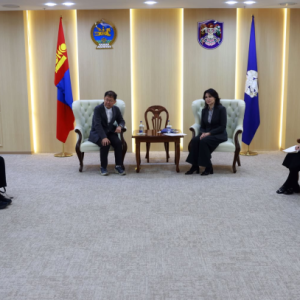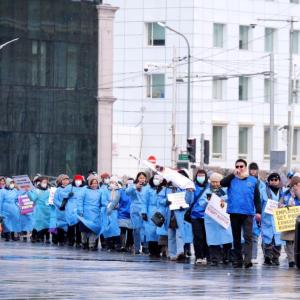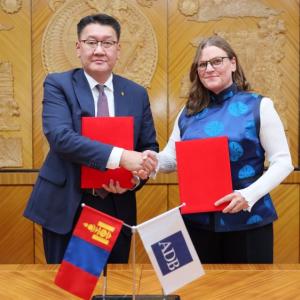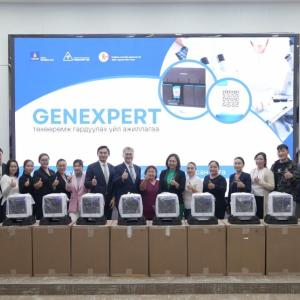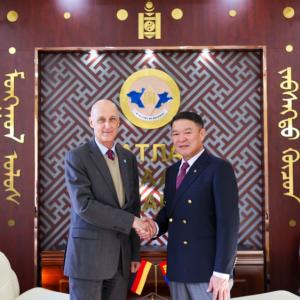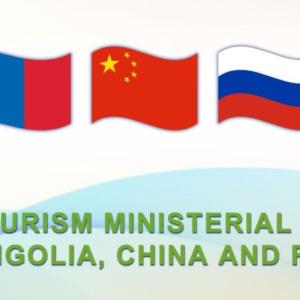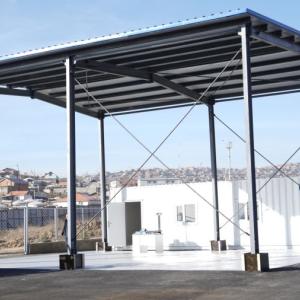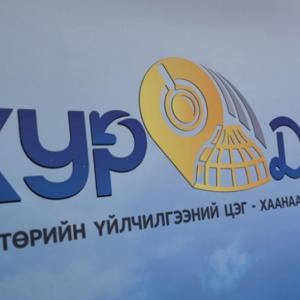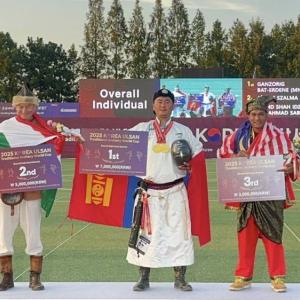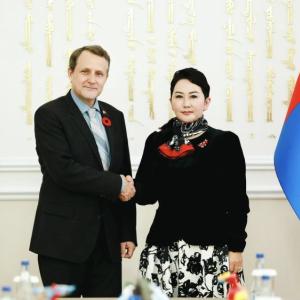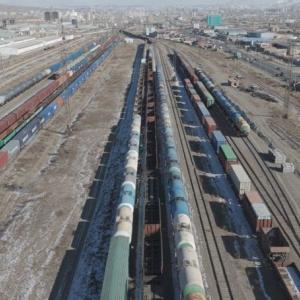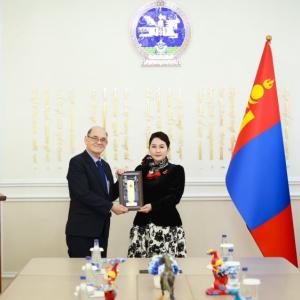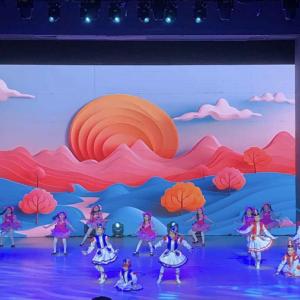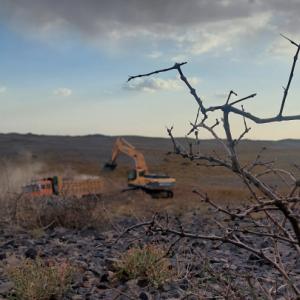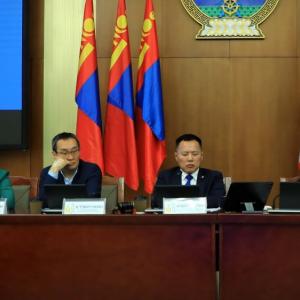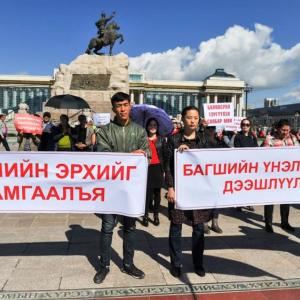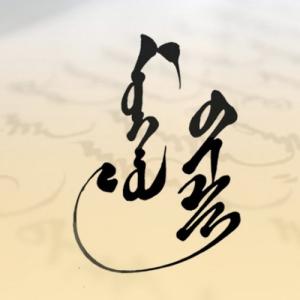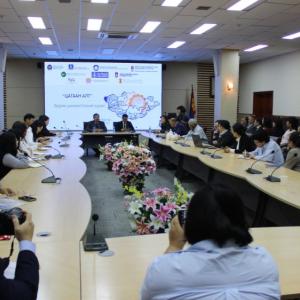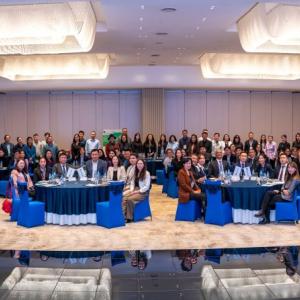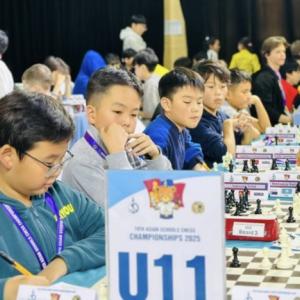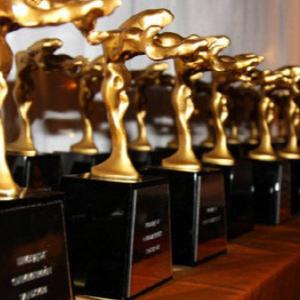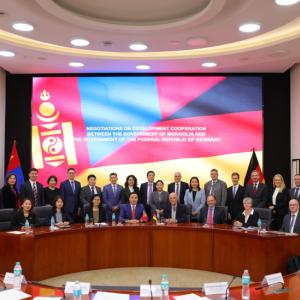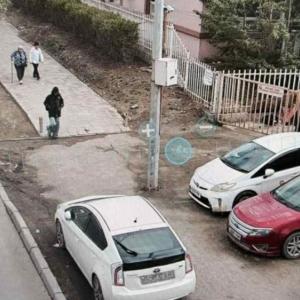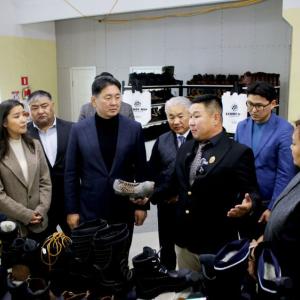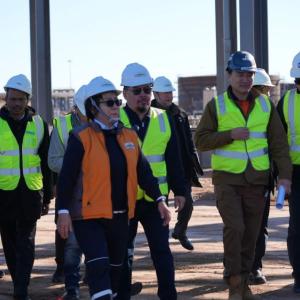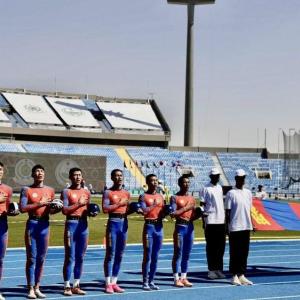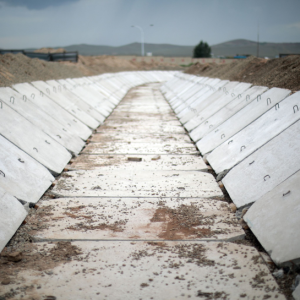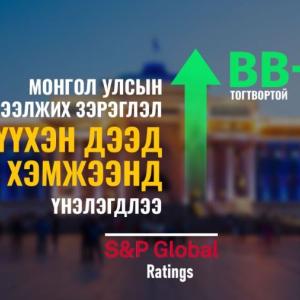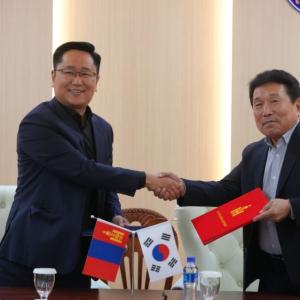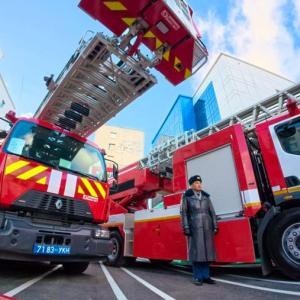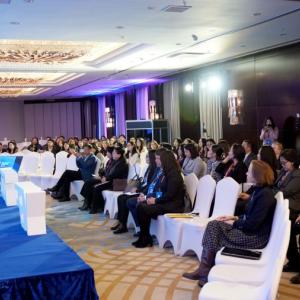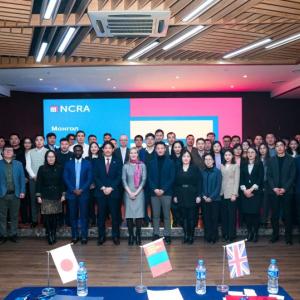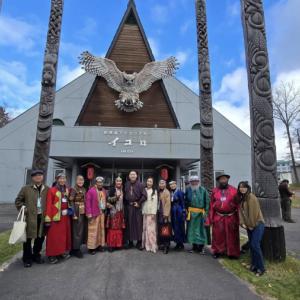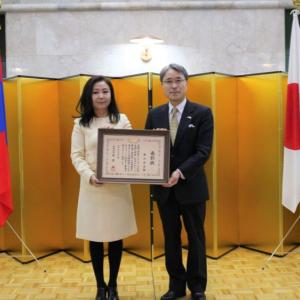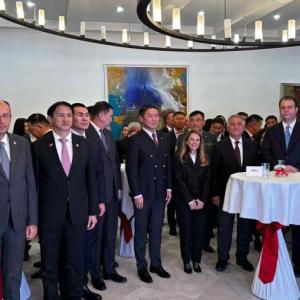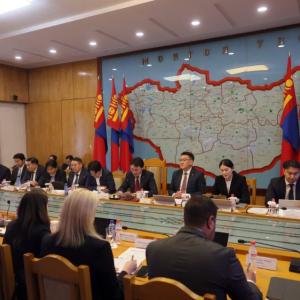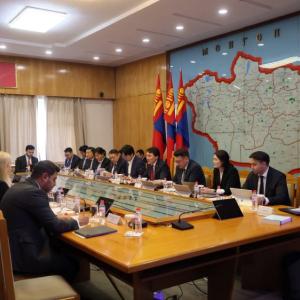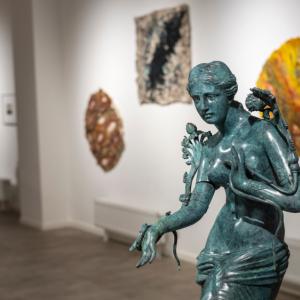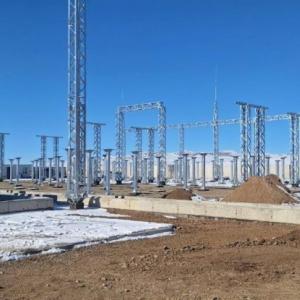National Forum of Mongolian Artisans and Craftsmen to Be Held Quadrennially
Politics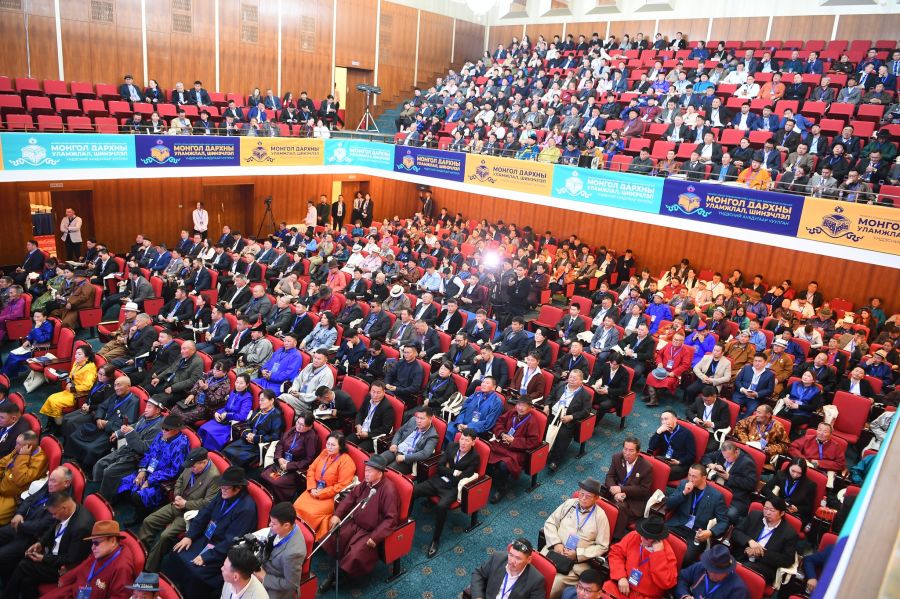
Ulaanbaatar, May 6, 2025 /MONTSAME/. Under the auspices of the President of Mongolia, the first Forum themed, “Traditions and Reforms in Mongolian Craftsmanship”, took place at the State Palace of Mongolia on May 1, 2025.
The Forum hosted discussions on key topics: “Cultural Creative Industries and the Art of Mongolian Craftsmanship,” “Cultural Value and Significance of Mongolian Craftsmanship,” “Challenges and Solutions for Mongolian Artisans,” “Sustainable Development and Legal Framework of Mongolian Craftsmanship,” “Mongolian Craftsmanship and the Financial Market,” and “Regulation of Raw Material Supply for Mongolian Artisans.” President of Mongolia Khurelsukh Ukhnaa opened the Forum, underscoring that the work of master craftsmen and cultural heritage bearers has long served as a vital foundation for Mongolia’s development, and independence, becoming one of the country's most treasured cultural values. President Khurelsukh noted the importance of studying the works of Mongolian artisans in relation to the country’s history, ethnography, culture, and civilization, promoting their distinct characteristics refined over thousands of years, and transmitting this legacy to future generations.
Under the Forum, various stakeholders discussed the challenges in the fine metalworking and precious metals industries, including the legal framework, financial markets, and the supply of raw materials. Participants in the Forum included traditional craftsmen and creative industry representatives who have inherited the “Traditional Methods of Mongolian Craftsmanship” from all 21 aimags and the nine districts of the capital city, along with representatives of relevant public and private organizations and policymakers. Also, President Khurelsukh announced to organize the Forum regularly every four years.
Minister of Culture, Sports, Tourism, and Youth of Mongolia Nomin Chinbat said, “It is essential to transform the works of our artisans into economic products and integrate them into the national economy. In doing so, their creations must be original and unique. In essence, distinct and original products can unlock greater economic potential. Not only artisans, but also culture and heritage bearers and artists must prioritize three core objectives: first, to preserve and safeguard intangible cultural heritage in its original form, which will serve as a cultural reserve; second, to ensure its development in line with modern contexts; and third, to introduce such heritage into economic circulation. We must present these works at international expositions and develop them into tourism products. In this regard, the Minister of Culture, Sports, Tourism, and Youth of Mongolia is committed to not only safeguarding heritage, but also supporting its development into viable economic products.”
Senior Advisor to the President of Mongolia Khurelbaatar Nyamdavaa noted, “This Forum is timely and of pivotal importance. It offers an opportunity to address the social issues faced by our artisans, establish a supportive legal environment for their advancement, and promote their works globally. Second, human resource development must be prioritized, particularly in training and preparing the next generation of artisans. Third, the infrastructure challenges must be addressed. Fourth, there is an urgent need to raise awareness among the public, promote the dissemination of craftsmanship, and ensure access to international markets. Fifth, a well-structured financing mechanism must be developed. Currently, artisans are sourcing raw materials from abroad, which results in foreign currency outflow. We must establish a domestic system that retains this capital within the national economy and ensures access to soft loans. This constitutes a principal objective of the Forum. Without addressing this issue, Mongolia will continue to lose foreign currency in the name of raw material imports. These resources must be preserved within the national economy.”
Minister of Industry and Mineral Resources Tuvaan Tsend highlighted, “Gold, silver, and copper extracted by our mining sector are being utilized by Mongolian craftsmen. There is a need for legal solutions in this regard. Currently, Mining companies deliver their gold to the Bank of Mongolia, which subsequently exports it. However, a critical issue remains as to how to meet the annual domestic demand of approximately 200 kilograms of gold by Mongolian artisans. We intend to incorporate this matter into the Forum’s recommendations and to take appropriate regulatory measures. This is an issue that can be resolved.”
Notably, according to unofficial estimates, there are currently about 4,000 skilled craftsmen in Mongolia, with roughly half residing and working in rural areas of Mongolia. During the Forum, craftsmanship companies displayed their works.














 Ulaanbaatar
Ulaanbaatar





